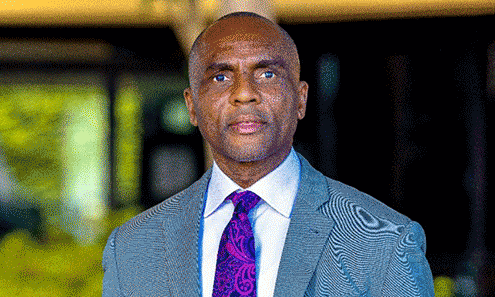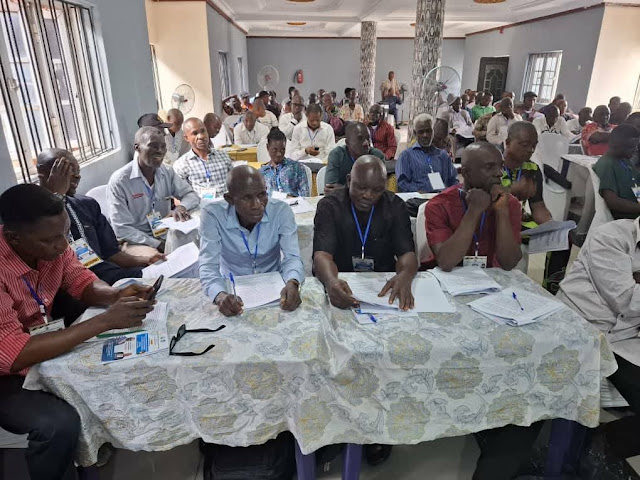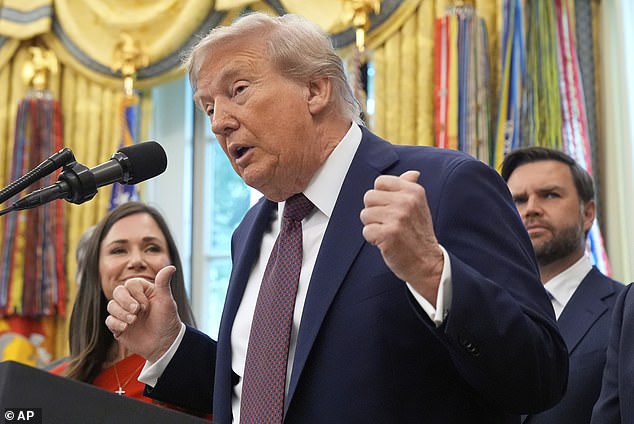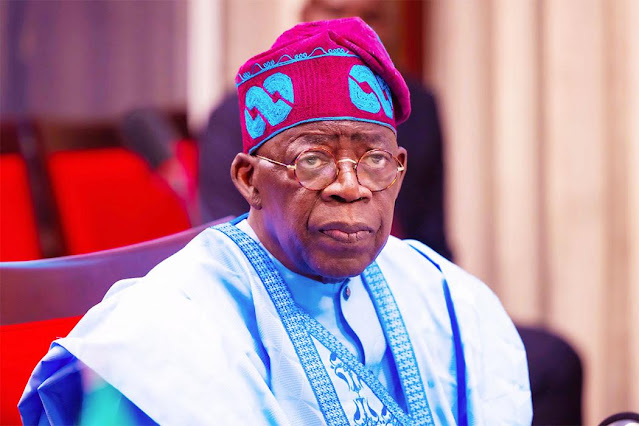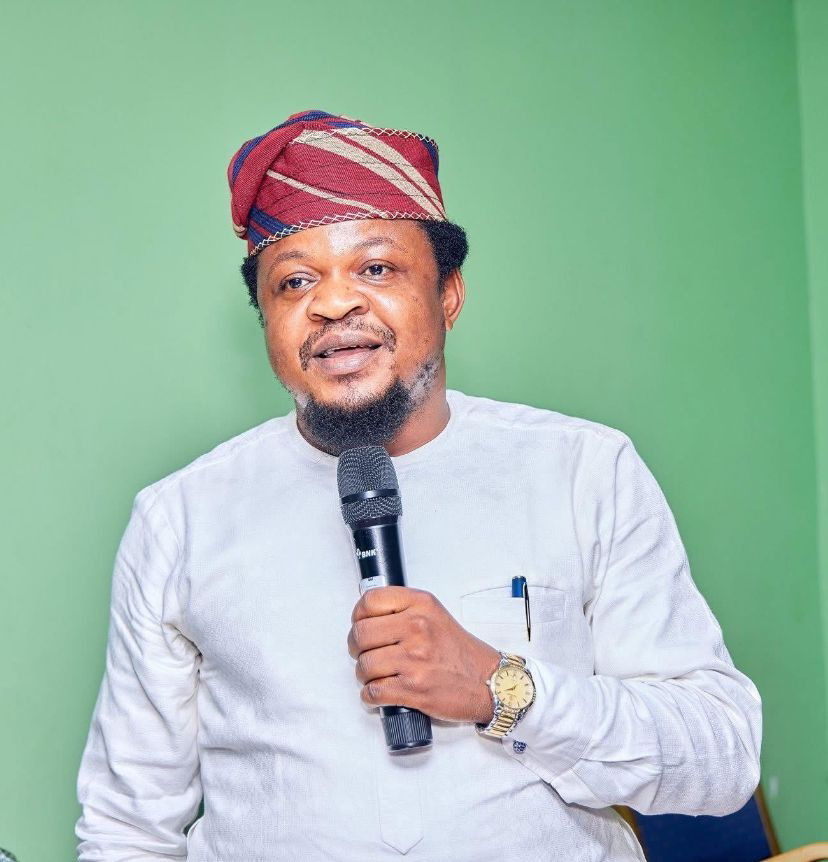In a significant blow to Nigeria’s ongoing battle against corruption in its oil sector, a United States federal court has convicted Paulinus Iheanacho Okoronkwo, a former official of the Nigerian National Petroleum Company Limited (NNPCL), on five federal charges related to a $2.1 million bribery scandal involving Addax Petroleum, a Chinese-owned oil company operating in Nigeria. The conviction, announced on September 2, 2025, marks a rare instance of a Nigerian public official facing justice in a foreign court for corruption-related offenses, highlighting the global reach of anti-corruption efforts and the challenges of tackling systemic graft in Nigeria’s oil industry. The case has sparked widespread discussion about the integrity of Nigeria’s public institutions, the role of international cooperation in combating corruption, and the future of accountability in the country’s lucrative oil sector.
The Case: A $2.1 Million Bribery Scheme
Paulinus Iheanacho Okoronkwo, a former mid-level official at the NNPCL, was found guilty of five federal charges, including conspiracy, money laundering, and violations of the U.S. Foreign Corrupt Practices Act (FCPA). According to court documents, Okoronkwo orchestrated a scheme between 2015 and 2017 to solicit and receive $2.1 million in bribes from Addax Petroleum, a subsidiary of the Chinese state-owned Sinopec Group, in exchange for facilitating the company’s access to lucrative oil contracts and favorable treatment in Nigeria. The bribes were allegedly funneled through offshore bank accounts and shell companies, a common tactic used to obscure illicit financial transactions.
The U.S. Department of Justice (DOJ), in collaboration with Nigerian authorities, uncovered the scheme through a combination of financial audits, whistleblower reports, and international intelligence-sharing. Prosecutors presented evidence that Okoronkwo used his position within the NNPCL to influence contract awards and regulatory approvals, extracting payments from Addax Petroleum in return. The court found that these actions not only violated U.S. anti-corruption laws but also undermined Nigeria’s economic interests by inflating the costs of oil exploration and production.
Okoronkwo, who was extradited to the United States in 2023 following an investigation by the Economic and Financial Crimes Commission (EFCC) in Nigeria, pleaded not guilty to the charges. However, the overwhelming evidence presented by the prosecution, including bank records, email correspondences, and witness testimonies, led to his conviction on all counts. Okoronkwo faces up to seven years in prison for each count, with sentencing scheduled for December 2025. The case has been hailed as a landmark victory for international anti-corruption efforts, but it has also raised questions about the systemic issues that allowed such a scheme to flourish within Nigeria’s state-owned oil giant.
The Context: Corruption in Nigeria’s Oil Industry
The conviction of Paulinus Okoronkwo is a stark reminder of the pervasive corruption that has plagued Nigeria’s oil industry for decades. Nigeria, Africa’s largest oil producer, relies heavily on oil revenues, which account for approximately 80% of the country’s export earnings and a significant portion of its federal budget. The NNPCL, as the state-owned entity responsible for managing Nigeria’s oil and gas resources, plays a central role in this sector, overseeing everything from exploration and production to marketing and distribution. However, the organization has long been criticized for its lack of transparency, inefficiency, and susceptibility to corrupt practices.
Bribery, embezzlement, and contract fraud have been persistent challenges within the NNPCL and the broader oil industry. High-ranking officials, as well as mid-level operatives like Okoronkwo, have been implicated in numerous scandals involving the misappropriation of funds, inflated contracts, and illicit payments from foreign oil companies. These practices have not only deprived Nigeria of billions of dollars in revenue but have also hindered the country’s ability to invest in critical infrastructure, healthcare, and education.
The involvement of Addax Petroleum, a Chinese-owned company, in this scandal underscores the role of foreign entities in perpetuating corruption in Nigeria. International oil companies operating in Nigeria have often been accused of exploiting weak regulatory frameworks to secure favorable deals through bribes and kickbacks. The U.S. Foreign Corrupt Practices Act, under which Okoronkwo was convicted, prohibits American companies and individuals from paying bribes to foreign officials to obtain or retain business. However, the law’s extraterritorial reach has allowed U.S. authorities to pursue cases involving foreign nationals and companies, as seen in this case.
The Legal Implications: A Cross-Border Crackdown
The conviction of Okoronkwo in a U.S. court is a rare but significant example of cross-border anti-corruption enforcement. The case was prosecuted under the FCPA, which has become a powerful tool for combating bribery and corruption in international business transactions. The involvement of U.S. authorities in this case stems from the fact that some of the bribe payments were processed through U.S. financial institutions, giving the DOJ jurisdiction over the matter. This highlights the interconnected nature of global financial systems and the ability of law enforcement agencies to pursue corruption cases across borders.
The collaboration between U.S. and Nigerian authorities, particularly the EFCC, was critical to the success of the investigation. The EFCC, Nigeria’s primary anti-corruption agency, has been working to strengthen its capacity to investigate and prosecute financial crimes, but it faces significant challenges, including political interference and limited resources. The Okoronkwo case demonstrates the importance of international partnerships in overcoming these obstacles and holding corrupt officials accountable.
Legal experts have praised the conviction as a step forward in the fight against corruption but caution that it is only a small part of a much larger battle. “This case sends a strong message that corruption will not be tolerated, regardless of where it occurs,” said Dr. Aisha Mohammed, a legal scholar specializing in anti-corruption law. “However, systemic change in Nigeria’s oil industry will require more than individual prosecutions. It demands comprehensive reforms to ensure transparency and accountability at all levels.”
Public and Official Reactions
The news of Okoronkwo’s conviction has sparked a range of reactions in Nigeria and beyond. On social media platforms like X, many Nigerians expressed a mix of frustration and cautious optimism. “Another NNPCL official caught stealing our money,” one user posted. “When will this end?” Others saw the conviction as a sign of progress, with one user writing, “Kudos to the U.S. for holding our corrupt officials accountable. Nigeria needs to step up its game.”
Civil society organizations, such as the Socio-Economic Rights and Accountability Project (SERAP), have called for stronger measures to address corruption in the oil sector. In a statement, SERAP urged the Nigerian government to use the Okoronkwo case as a catalyst for broader reforms, including the full implementation of the Petroleum Industry Act (PIA) of 2021, which aims to improve transparency and governance in the oil industry. “The conviction of Mr. Okoronkwo is a wake-up call,” the statement read. “The government must act decisively to dismantle the networks of corruption that have crippled our oil sector.”
The NNPCL issued a brief statement acknowledging the conviction and reaffirming its commitment to rooting out corruption within its ranks. “The NNPCL is fully cooperating with law enforcement agencies and is committed to upholding the highest standards of integrity,” the statement said. However, critics argue that the organization’s response is insufficient, pointing to a history of inaction in addressing systemic corruption.
The Nigerian government, under President Bola Tinubu, has also faced pressure to respond to the case. Tinubu, who campaigned on a platform of anti-corruption and economic reform, has made efforts to strengthen the EFCC and other anti-corruption bodies. However, his administration has been criticized for its slow progress in addressing high-profile corruption cases, particularly those involving politically connected individuals. The Okoronkwo case, while significant, is seen by some as an outlier due to its prosecution in a foreign jurisdiction.
Broader Implications: The Fight Against Corruption in Nigeria
The conviction of Paulinus Okoronkwo has far-reaching implications for Nigeria’s fight against corruption and its standing in the international community. Corruption has long been a major obstacle to Nigeria’s development, costing the country an estimated $400 billion in stolen funds since independence in 1960, according to Transparency International. The oil industry, as the backbone of the economy, has been particularly hard-hit, with billions of dollars siphoned off through illicit schemes.
The Okoronkwo case highlights the importance of international cooperation in combating corruption. The involvement of U.S. authorities underscores the limitations of Nigeria’s domestic anti-corruption framework and the need for external pressure to hold powerful individuals accountable. However, it also raises questions about sovereignty and the perception that Nigeria is unable to police its own officials. “While it’s good that Okoronkwo was convicted, it’s embarrassing that it had to happen in a U.S. court,” said Dr. Chidi Okonkwo, a political analyst. “Nigeria needs to build a robust system to handle these cases internally.”
The case also sheds light on the role of foreign companies in perpetuating corruption in Nigeria. Addax Petroleum’s involvement in the bribery scheme has renewed calls for greater scrutiny of international oil companies operating in the country. The Petroleum Industry Act, which mandates stricter oversight of oil contracts, could play a critical role in addressing these issues, but its implementation has been slow and uneven.
The Economic Impact: A Drain on Nigeria’s Resources
The $2.1 million bribe at the center of the Okoronkwo case is just a fraction of the billions of dollars lost to corruption in Nigeria’s oil industry each year. These losses have a direct impact on the country’s economy, limiting its ability to fund critical infrastructure projects, social services, and poverty alleviation programs. Nigeria’s poverty rate, which stands at over 40%, is exacerbated by the misappropriation of oil revenues, which could otherwise be used to improve living standards.
The inflation of contract costs due to bribery also increases the price of oil production, making Nigeria less competitive in the global market. This, in turn, affects the country’s ability to attract foreign investment and diversify its economy away from oil dependency. The Okoronkwo case serves as a reminder of the urgent need for reforms to ensure that Nigeria’s oil wealth benefits its citizens rather than a select few.
The Path Forward: Challenges and Opportunities
The conviction of Paulinus Okoronkwo presents both challenges and opportunities for Nigeria’s anti-corruption efforts. On one hand, it demonstrates that corrupt officials can be held accountable, even across borders. On the other hand, it highlights the systemic weaknesses that allow such corruption to thrive. To capitalize on this moment, experts recommend several key reforms:
Strengthening Anti-Corruption Institutions: The EFCC and other agencies need greater independence, funding, and capacity to investigate and prosecute corruption cases effectively.
Implementing the Petroleum Industry Act: Full implementation of the PIA, including transparent bidding processes and regular audits, could reduce opportunities for bribery and fraud in the oil sector.
Enhancing International Cooperation: Partnerships with foreign governments and organizations, such as the DOJ and Transparency International, can provide technical expertise and resources to combat corruption.
Promoting Transparency: Public disclosure of oil contracts, revenues, and expenditures can help hold officials and companies accountable.
Protecting Whistleblowers: Robust whistleblower protection laws can encourage insiders to report corruption without fear of retaliation.
The Nigerian government has an opportunity to use the Okoronkwo case as a catalyst for these reforms, but political will remains a significant barrier. Many high-ranking officials implicated in corruption scandals have close ties to the government, making it difficult to pursue prosecutions without political interference.
Conclusion: A Step Toward Accountability
The conviction of Paulinus Iheanacho Okoronkwo in a U.S. federal court is a significant milestone in the fight against corruption in Nigeria’s oil industry. The case exposes the deep-rooted issues of bribery and fraud that have long plagued the NNPCL and highlights the critical role of international cooperation in holding corrupt officials accountable. While the conviction is a victory for justice, it also underscores the need for systemic reforms to address the root causes of corruption in Nigeria.
As Nigeria prepares for the 2027 elections, the Okoronkwo case could serve as a rallying point for anti-corruption advocates and a warning to those who seek to exploit the country’s resources for personal gain. The road to a corruption-free oil industry is long and fraught with challenges, but with sustained effort, transparency, and accountability, Nigeria can begin to reclaim its wealth for the benefit of its people.


